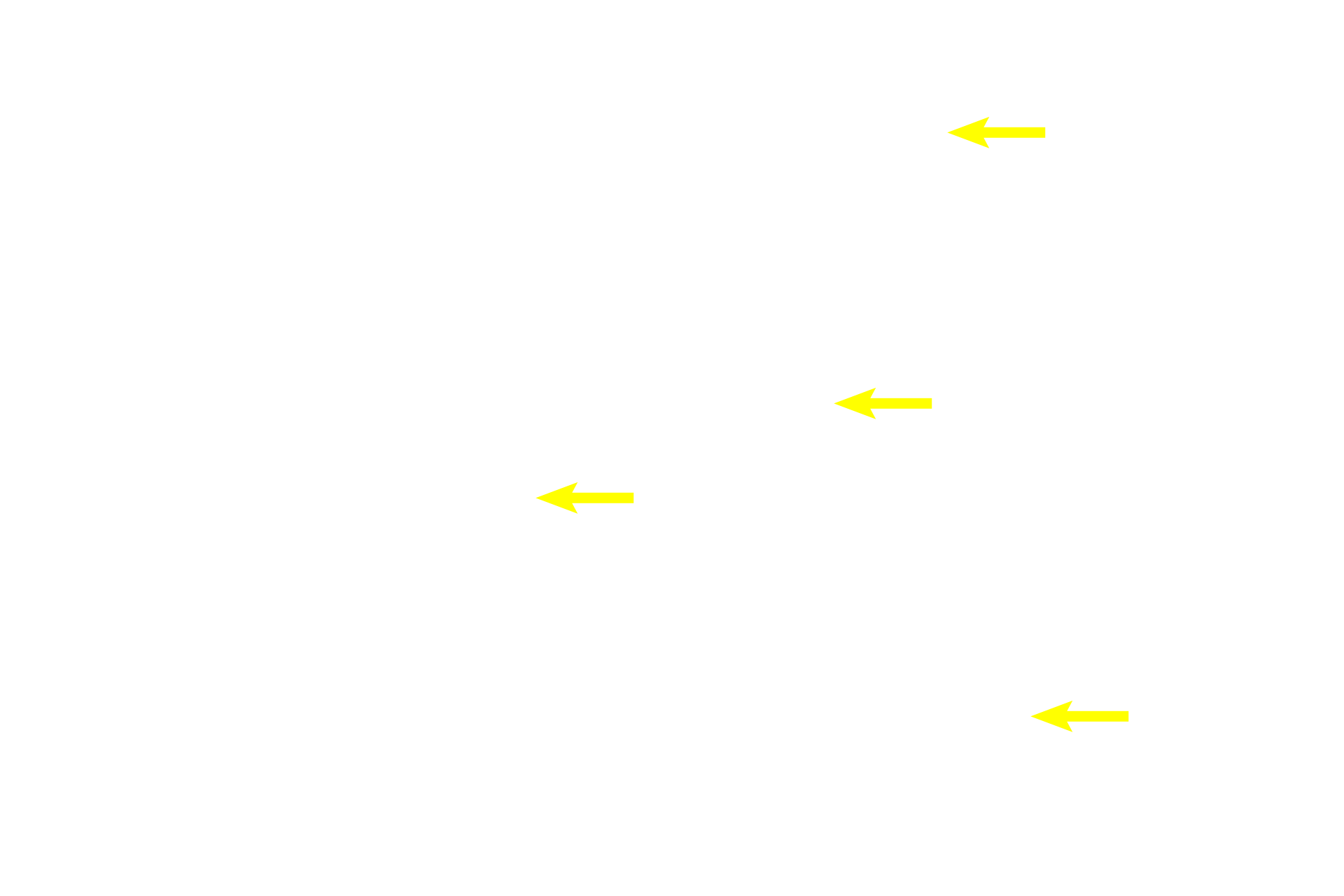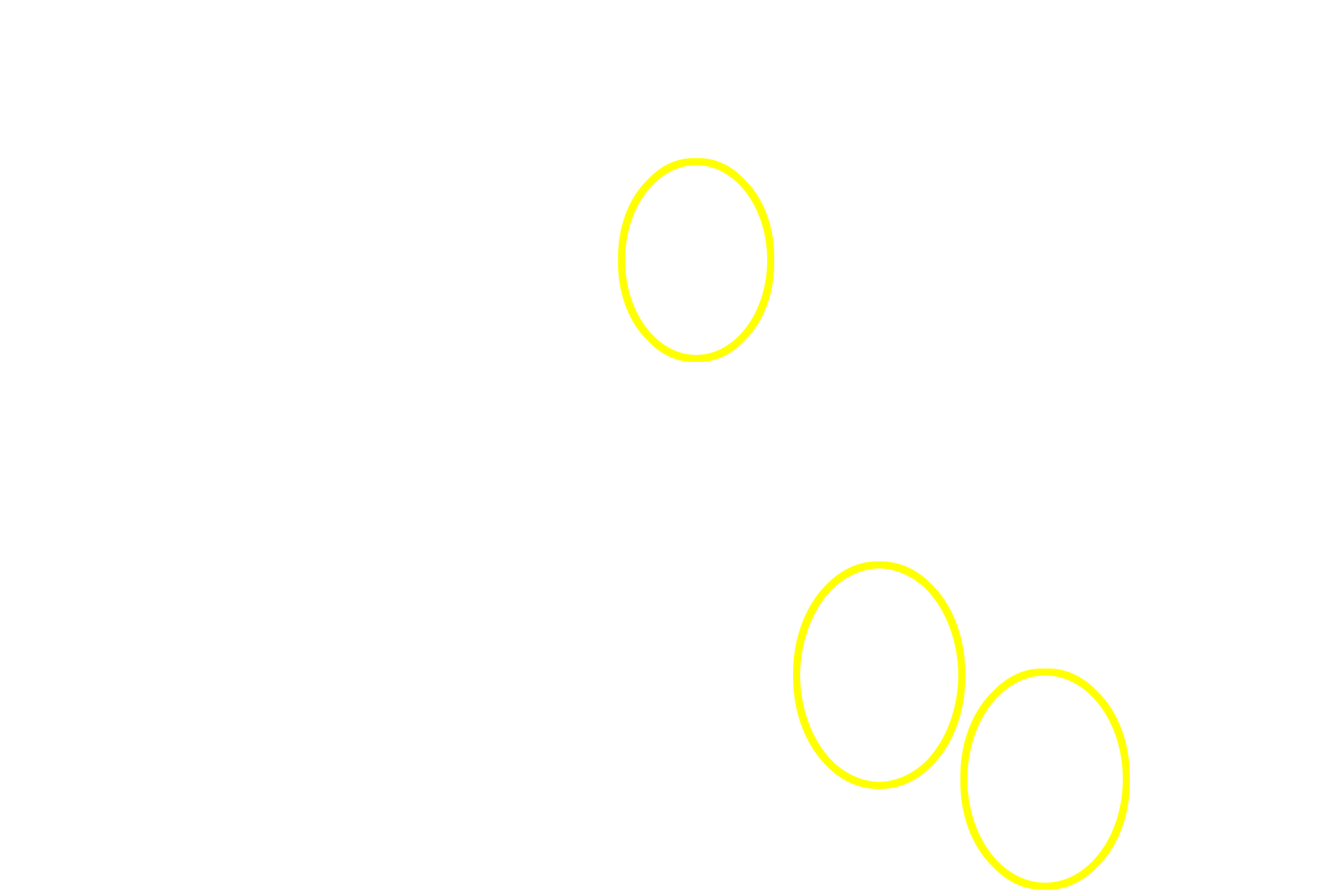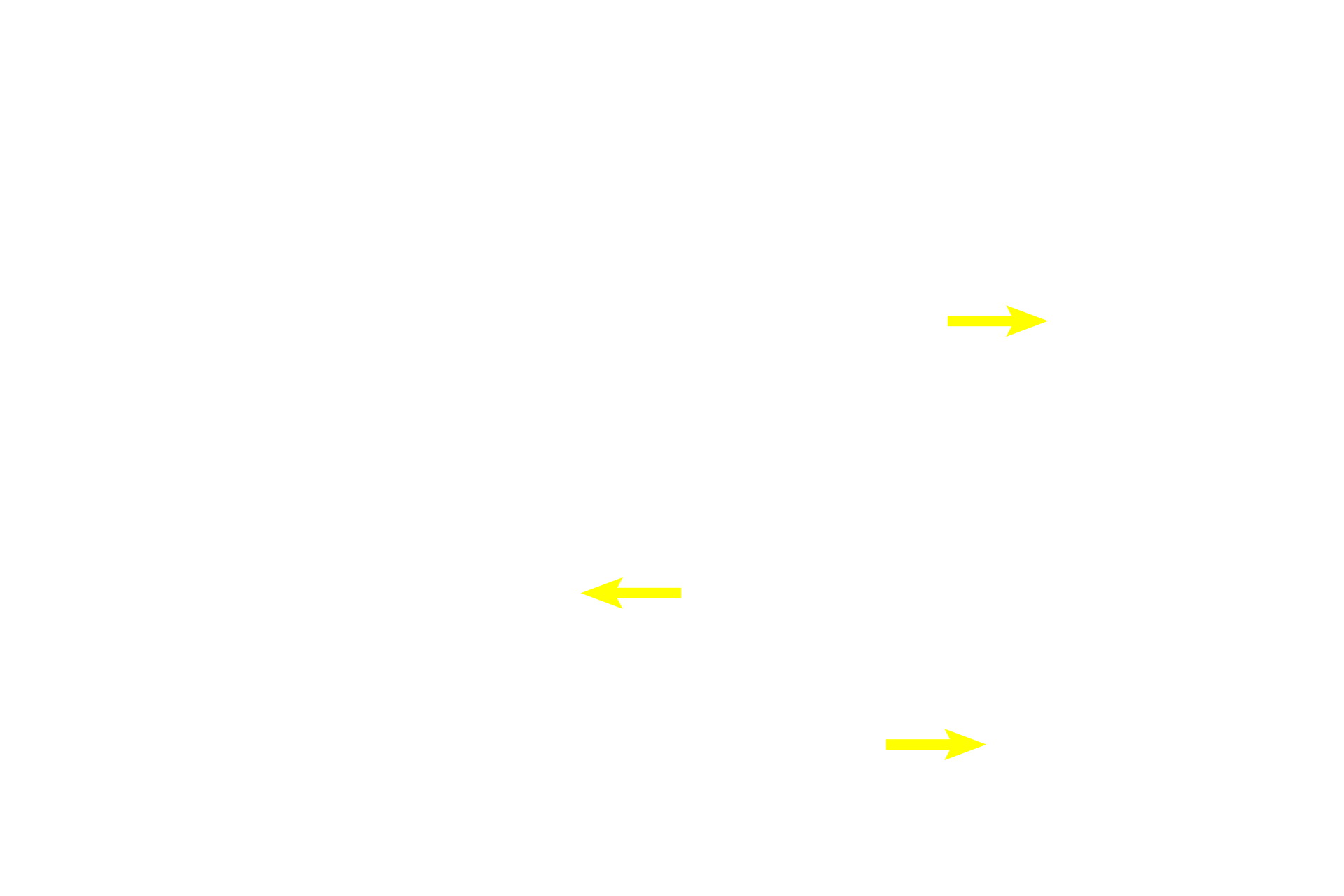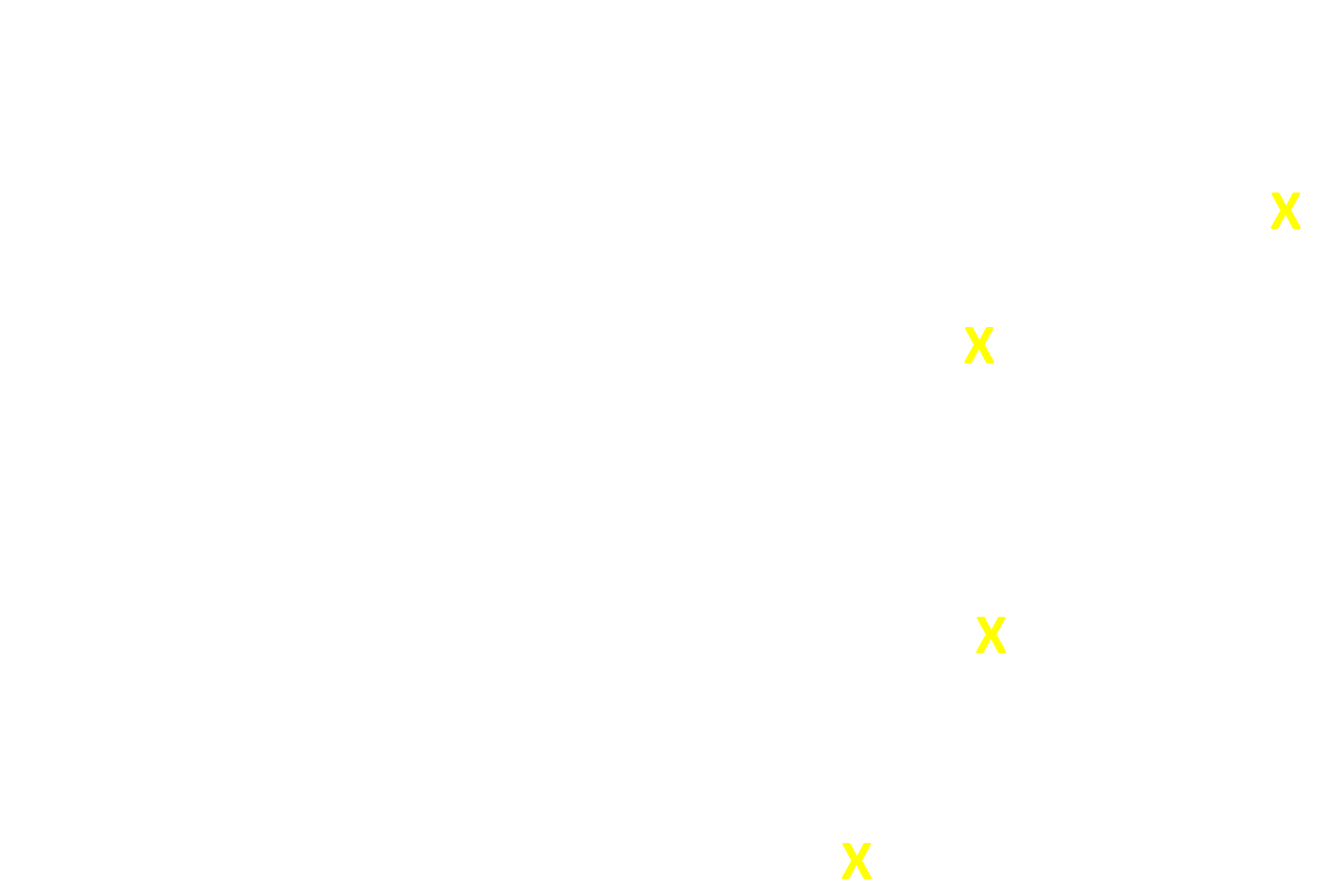
Hyaline cartilage
Hyaline cartilage is identified by its blue-purple appearance and by its isogenous groups of chondrocytes. The lack of blood vessels in hyaline cartilage means that nutrients and wastes must diffuse through the tissue, thus limiting the thickness of the hyaline cartilage. 400x

Perichondrium: chondrogenic layer
Hyaline cartilage is identified by its blue-purple appearance and by its isogenous groups of chondrocytes. The lack of blood vessels in hyaline cartilage means that nutrients and wastes must diffuse through the tissue, thus limiting the thickness of the hyaline cartilage. 400x

Chondrocytes
Hyaline cartilage is identified by its blue-purple appearance and by its isogenous groups of chondrocytes. The lack of blood vessels in hyaline cartilage means that nutrients and wastes must diffuse through the tissue, thus limiting the thickness of the hyaline cartilage. 400x

Isogenous groups
Hyaline cartilage is identified by its blue-purple appearance and by its isogenous groups of chondrocytes. The lack of blood vessels in hyaline cartilage means that nutrients and wastes must diffuse through the tissue, thus limiting the thickness of the hyaline cartilage. 400x

Territorial matrix
Hyaline cartilage is identified by its blue-purple appearance and by its isogenous groups of chondrocytes. The lack of blood vessels in hyaline cartilage means that nutrients and wastes must diffuse through the tissue, thus limiting the thickness of the hyaline cartilage. 400x

Interterritorial matrix
Hyaline cartilage is identified by its blue-purple appearance and by its isogenous groups of chondrocytes. The lack of blood vessels in hyaline cartilage means that nutrients and wastes must diffuse through the tissue, thus limiting the thickness of the hyaline cartilage. 400x
 PREVIOUS
PREVIOUS